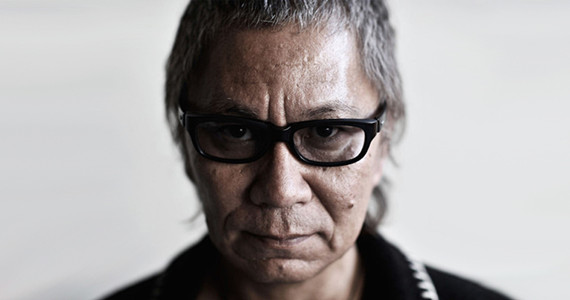
Making a feature film is a difficult and impressive accomplishment. Sure, some have been made in three days or less, but others have had their production stages last several years before their completion. The size of the cast and crew can often dictate the speed at which a film can be completed. But making 50 feature length films? That is a testament of dedication, skill, passion, and longevity.
Most of the directors who frequently top the lists of the greatest directors of all time, directors like Federico Fellini, Ingmar Bergman, Akira Kurosawa, Stanley Kubrick, Luis Buñuel, Jean Renoir, and Orson Welles, could not reach this feat.
Some greats were close, perhaps falling short of 50 by five or fewer films. Other great directors may have only been able to make a dozen films at the most. Others still may be directing but have yet to eclipse the 50-feature film mark. What follows is a list of ten great directors who did reach the mark, ranking from least great to greatest.
10. Lucio Fulci

Born in 1927, Lucio Fulci would come to be known as one of the two directors given the title “Godfather of Gore,” the other being Herschell Gordon Lewis. An Italian director, he specialized in making, unsurprisingly when given his nickname, horror films.
Despite the title and majority of his films residing in the horror genre, Fulci was a diverse filmmaker, also creating mysteries, thrillers, and westerns. His directorial career spanned from 1959-1991, resulting in 52 feature-length films.
Fulci’s crowning achievement was the horror film The Beyond (1981), a film about a woman who inherits a rundown Louisiana hotel that turns out to be one of the gateways to Hell. Other important releases in his long career are I Ladri (1959; his feature debut), Don’t Torture a Duckling (1972), The Psychic (1977), and Door to Silence (1991; his final film).
9. Roger Corman
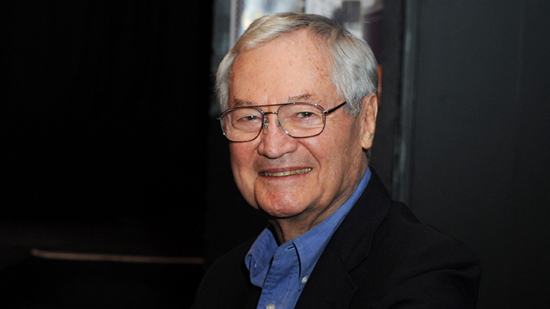
Squeaking into this list’s criteria with 50 films in his filmography, Roger Corman is known for his established reputation as a creator of cult classics and one of the most important independent filmmakers in the world.
Corman, nicknamed “The Pope of Pop Cinema,” was born in 1926 and made his first film in 1955. He would continue directing films until 1990, although he churned out the bulk of his films between the mid-1950s and mid-1960s. Many of his films were either science fiction or horror, and sometimes both.
The most well-known of his features are his adaptations of Edgar Allan Poe stories, the most notable being The Masque of the Red Death (1964). That Poe story tells the tale of a prince who torments the nearby peasantry amidst a great plague.
Today, Corman is still involved in the film world as a producer (and, periodically, actor). He is also recognized as being one of the strongest influences and responsible for the success of many directors of the New Hollywood film movement, which lasted from the mid-1960s to early 1980s.
Other important releases over his directing career include Five Guns West (1955; his feature debut), House of Usher (1960), The Pit and the Pendulum (1961), The Intruder (1962), The St. Valentine’s Day Massacre (1967), and Frankenstein Unbound (1990; his final film).
8. Louis Feuillade
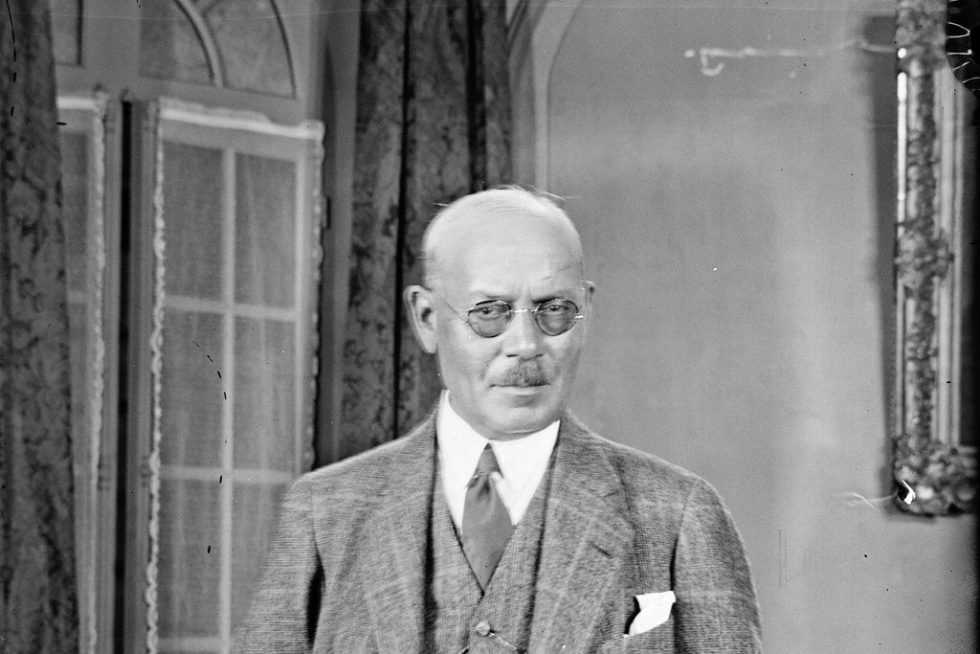
One of the early masters of the cinema, Louis Feuillade was also one of the most prolific directors in film history. Director of at least 65 feature-length films (if consolidating the episodes of his serials into one picture), Feuillade is responsible for approximately 700 films when including shorts. These numbers, while impressive on their own, are bolstered when Feuillade’s relatively short career, which lasted less than twenty years, is taken into account.
Born in 1873, his first short films were made in 1906. Feuillade’s films were of a wide variety of genres, but he is best known for his thriller serials. The best of these serials is Les Vampires (1915), a ten-episode feature about a reporter and his friend who try to stop a mysterious group of criminals called the Vampires.
Other important releases in his short but prolific career are Fantômas (1913), Judex (1916), Tih Minh (1918), and Pierrot, Pierrette (1924; his last solo directorial effort).
7. Yasujirō Ozu
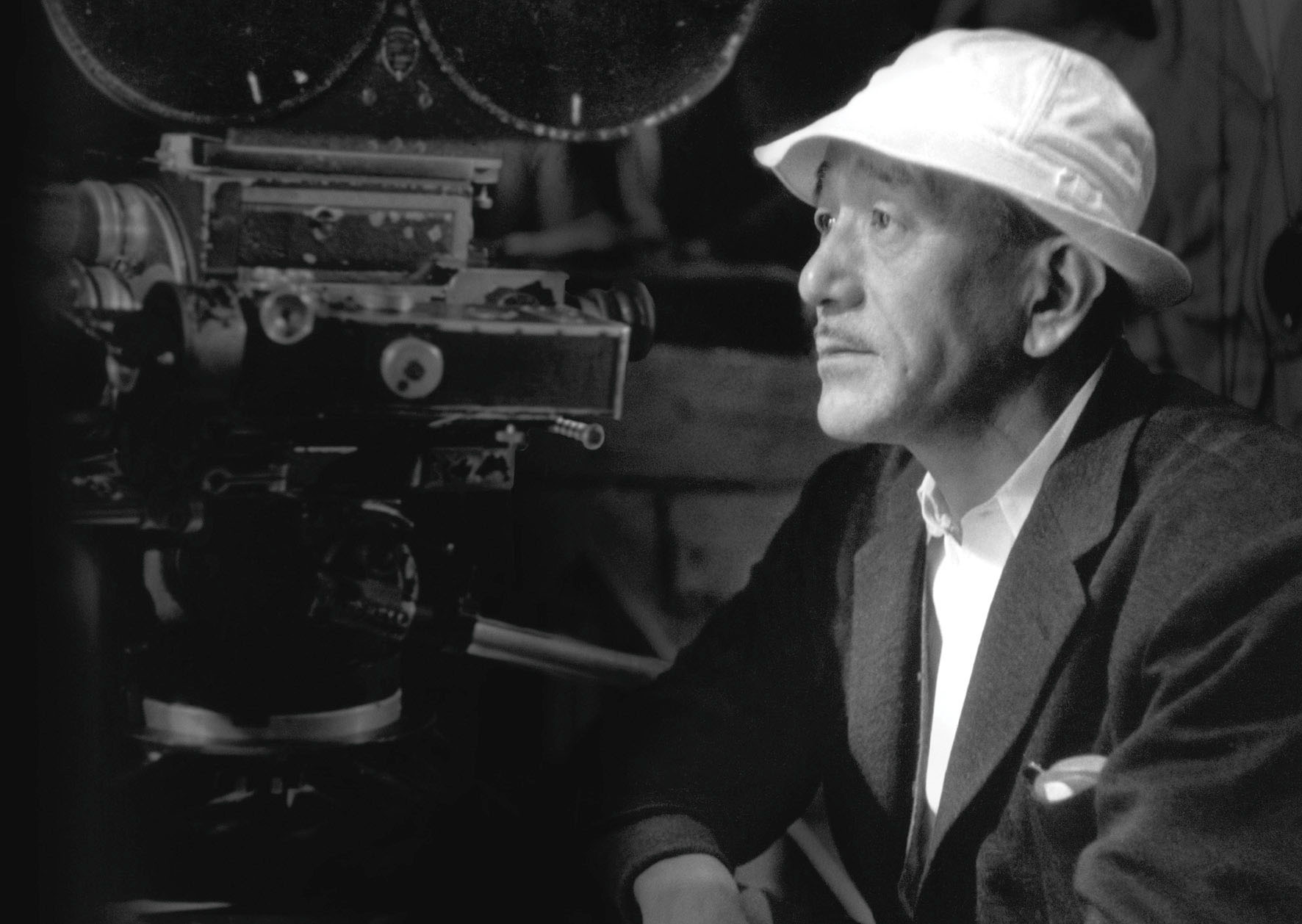
One of the finest directors in cinema history, Yasujirō Ozu is on the shortlist of the best directors to come from Japan’s Golden Age. Born in 1903, Ozu would direct his first film in 1927 and make 50 more before his career ended. His filmography can be split into two sections: his early works and his post-war features. It is in these later films that his signature style and filmmaking techniques emerged as he separated himself from the lighter tones of his earlier films.
A master behind the camera, Ozu specialized in making dramas that focused on relationships within the family. Tokyo Story (1953), a film that shows an elderly couple’s journey to Tokyo to visit their children and daughter-in-law, is widely acknowledged as Ozu’s masterpiece.
Other important films directed by Ozu are Blade of Penitence (1927; his feature debut and one of his lost films), I Was Born, but… (1932), The Only Son (1936), Late Spring (1949), Early Summer (1951), Floating Weeds (1959), Late Autumn (1960), The End of Summer (1961), and An Autumn Afternoon (1962; his final film).
6. Takashi Miike
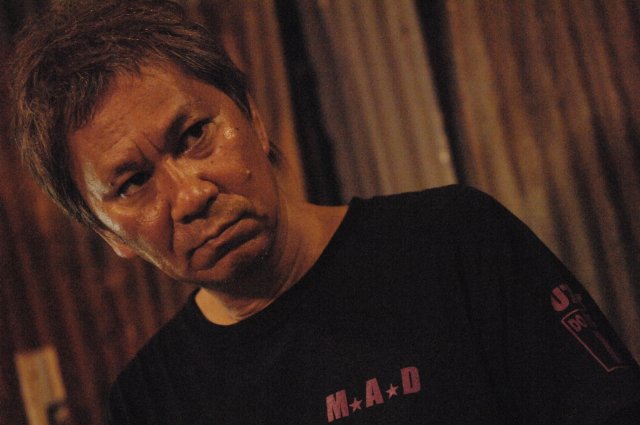
Another prolific Japanese director, Takashi Miike’s vast filmography is one of the most amazing things in the cinema today. In an age when it takes many directors about two years to release a film, Miike has displayed an ability to release films in rapid fashion.
Born in 1960, Miike first released a film in 1991 and now has nearly 100 films to his name. A director with impressive range, Miike has been able to make acclaimed films for children, teenagers, road movies, and crime dramas, among other genres and demographics. However, he is best known for his excessively violent and bloody features, which are almost always controversial due to content.
The best film in Miike’s impressive filmography is Audition (1999), a thriller/horror film about a widower who holds an audition of women to pick his next wife and becomes increasingly aware that the woman he chooses is not anywhere near what he thought.
Other important films in Miike’s filmography include Eyecatch Junction (1991; his feature debut), Fudoh: The New Generation (1996), 13 Assassins (2010), Hara-Kiri: Death of a Samurai (2011), and Blade of the Immortal (2017; his most recent feature).